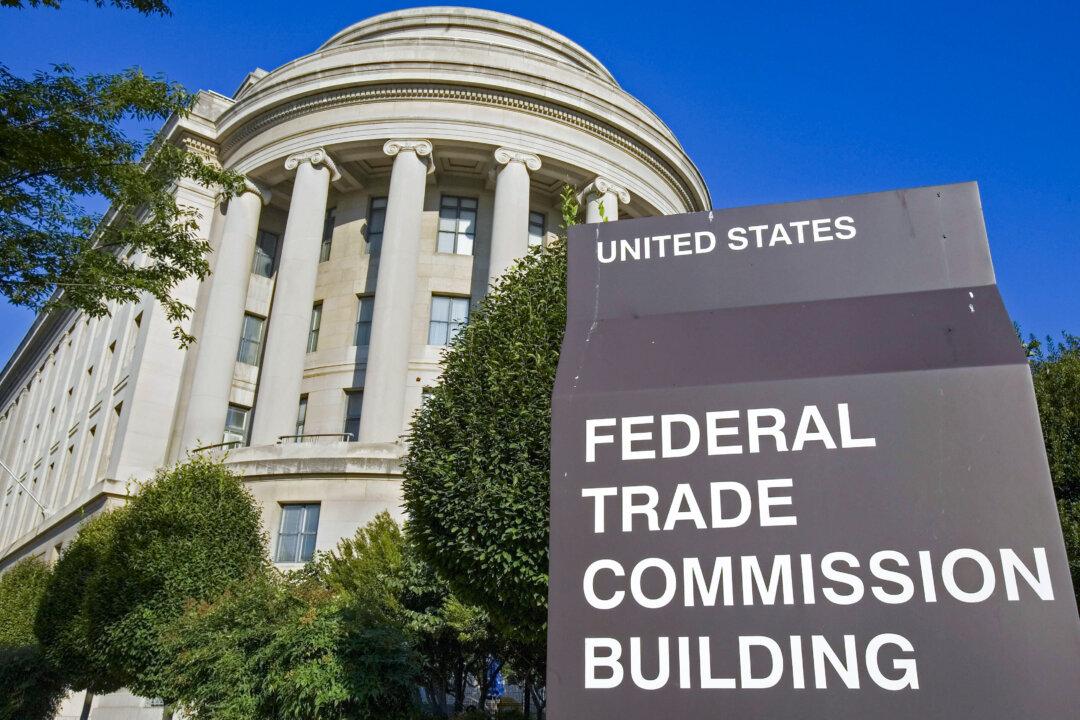The Federal Trade Commission (FTC) has ordered British firm Avast to pay $16.5 million and banned the company from selling, disclosing, or licensing web browsing data for advertising purposes, the agency announced on June 27.
In a press release, the commission voted 3-2 to approve the order which it said is meant to “provide redress to consumers.”




